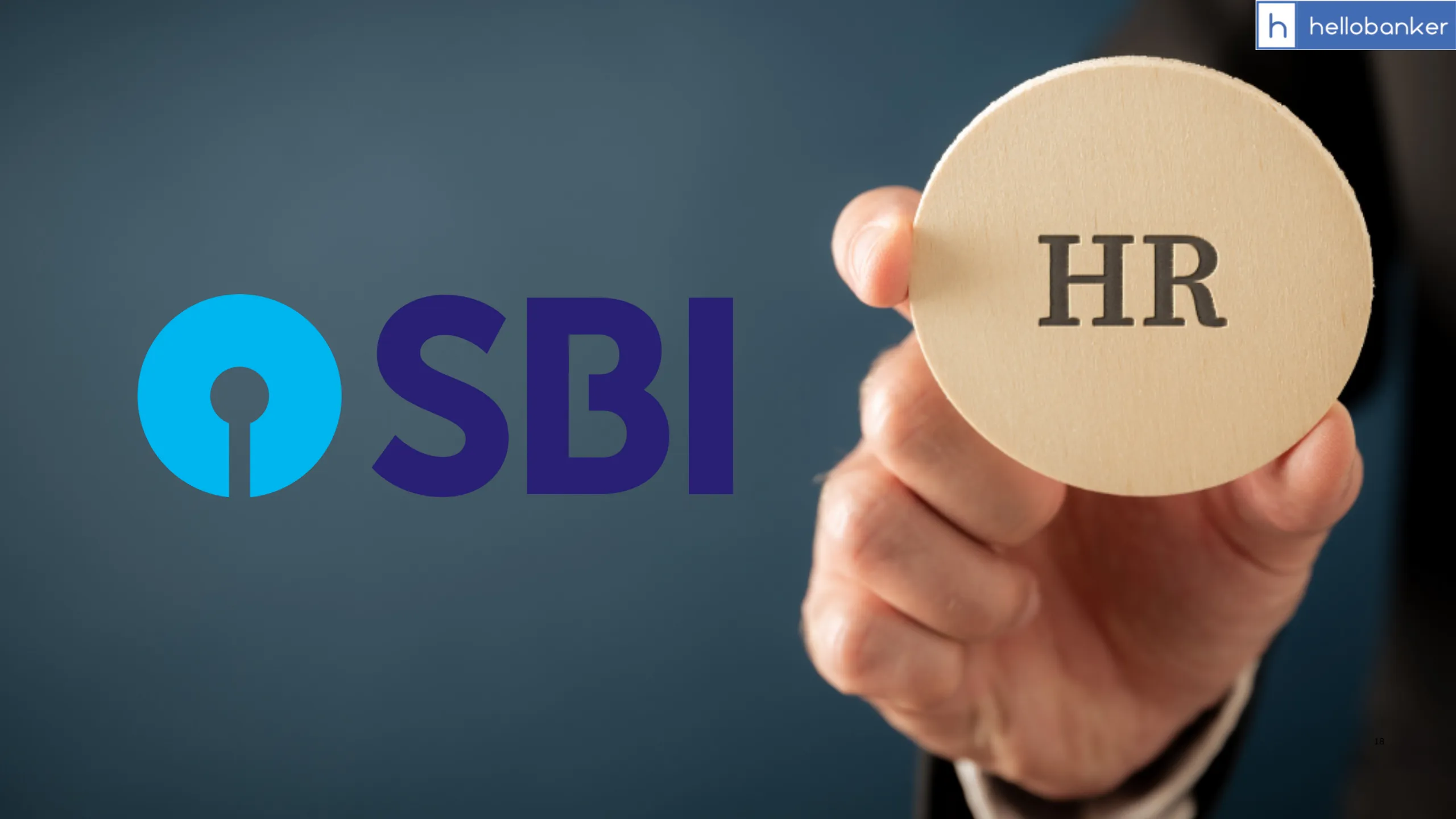The State Bank of India (SBI), the country’s largest lender and one of its biggest employers, is planning a major transformation in how it manages its workforce. To stay future-ready and keep pace with the rapid growth of digital banking, SBI is looking to revamp its Human Resource (HR) strategy—right from recruitment to retirement—with the help of artificial intelligence (AI) and professional HR consultants.
Why the Change?
Over the past decade, the nature and expectations of SBI’s workforce have changed. New hires—whether clerks or probationary officers—no longer see a bank job as a lifelong commitment. Instead, they view it as an opportunity among many. These new candidates leave bank job as soon they get any other opportunity. Moreover, there is an increasing frustration among these new joinees due to increasing work pressure in banks.
Young banking professionals today are moving away from traditional banking careers because:
| Drivers | Impact on Employees |
|---|---|
| High stress and unrealistic targets | Increased burnout and disengagement |
| Better compensation & flexibility in other sectors | Higher attrition and job switching |
| Repetitive work, low creativity | Dissatisfaction; lack of fulfillment |
| Poor work-life balance | Mental health concerns, job detachment |
Unless banks adapt by modernising policies, improving growth paths, and promoting employee well-being, this talent drain may deepen—especially among ambitious and skilled young workers.
Alongside this shift, digital banking is expanding fast, and competition in retail, industry, and agricultural lending is intensifying.
To deal with these changes, SBI aims to:
- Improve hiring through AI-powered tools.
- Develop structured career paths to keep employees engaged.
- Reskill existing staff and hire professionals with domain-specific expertise in areas like risk management and cybersecurity.
- Create a workplace culture that’s inclusive, agile, and purpose-driven.
What SBI is Doing
SBI wants to become one of the world’s top 10 banks by market capitalization in the next five years. To support this vision, it has invited proposals from professional HR consultancies to develop both 5-year and 10-year HR strategies.
The selected consultant will be responsible for:
- Reviewing SBI’s current HR policies and systems.
- Benchmarking them with global best practices.
- Designing an Employee Life Cycle Management (ELCM) framework covering every stage—from hiring and training to post-retirement.
This entire transformation is expected to take around 18 months.
Focus on Digital & AI in Hiring
As part of the overhaul, SBI also plans to digitize and modernize its recruitment process. AI tools may be used to screen candidates, conduct interviews, and onboard new employees—making the process faster, more efficient, and better aligned with the bank’s future needs.
The consultancy will also:
- Assess current hiring practices.
- Compare them with industry leaders.
- Suggest AI-based recruitment models.
- Identify existing skill gaps in the workforce.
Employee Life Cycle Management (ELCM)
With over 2.36 lakh employees and about 3 lakh pensioners and family pensioners, SBI recognizes the importance of strong HR policies for operational success. The new ELCM framework will ensure that employees feel valued throughout their careers—from joining the bank to retirement.
A senior official from the State Bank of India (SBI) highlighted a key shift in the mindset of today’s new recruits. Unlike in the past, where job security was the main attraction, the current generation of employees is seeking growth opportunities, a clear sense of purpose, and workplace flexibility. Recognising this change, the bank understands that merely offering stable employment is no longer enough. To retain and nurture such talent, SBI must prioritise structured career development plans that help employees build long-term, fulfilling careers within the organisation.
